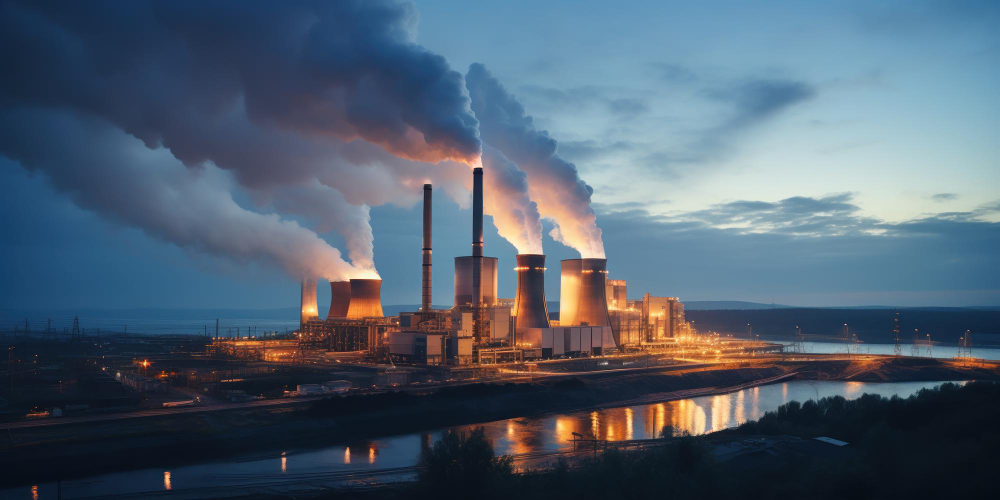New Commission tool will help deploy innovative technologies to reduce industrial pollution around Europe

Following the launch of the European Innovation Centre for Industrial Transformation and Emissions (INCITE) in June 2024, the Commission unveils today the INCITE information platform that centralises data on innovative clean industrial technologies.
INCITE is a key component of the revised Industrial Emissions Directive (IED). It promotes the uptake of innovative technologies that can lower emissions (including greenhouse gas emissions) or reduce waste of resources. The platform is designed to receive and collect data from and on all industrial sectors covered under the IED, with an initial focus on energy-intensive industries such as iron, steel, cement, and chemicals production. To start with, around 20 illustrative techniques are available on the platform originating from ongoing EU-funded projects. Examples include carbon capture and storage projects in the cement and lime sectors, hybrid furnaces in the glass industry, and projects for treating PFAS in wastewater.
Users can submit information through a simple questionnaire. The platform helps stakeholders make informed decisions by providing a comprehensive overview of the environmental performance, technology maturity, costs and benefits, and possible trade-offs of these technologies. The platform will also support dialogue and cooperation between industry, technology providers, research and technology organisations, policymakers and financial actors. In addition, it will support national authorities in the process of approving first-of-a-kind industrial plants and provide information to financial actors to identify the most promising technologies to invest in.
This tool is managed by the Commission Joint Research Centre (JRC). Innovative techniques considered ready for use and with significant environmental benefits will be included in the Sevilla process, to develop future environmental norms and further increase the deployment of clean technologies in Europe.
